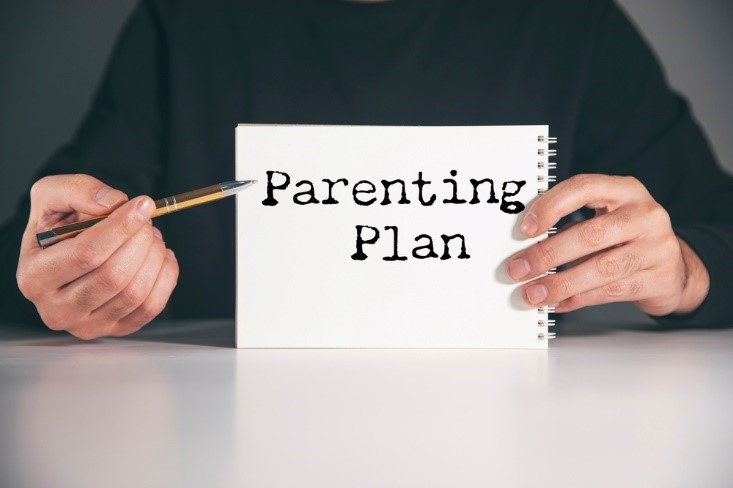Divorce is never easy, even when uncontested. While an uncontested divorce may simplify the legal process, it does not eliminate the challenges of co-parenting. Parents in Orange County often find that creating a healthy environment for their children requires careful planning and a commitment to putting the children first. This month’s blog sheds light on the key aspects of co-parenting after an uncontested divorce, which can help families transition more smoothly.

Establishing a Co-Parenting Plan
After a divorce is finalized, the first step is often creating a detailed co-parenting plan. Even in uncontested cases, it is crucial to outline the responsibilities of each parent. A thoughtfully drafted plan provides structure and reduces misunderstandings, which can protect both the children’s well-being and the parents’ peace of mind.
In Lake Forest and throughout Orange County, courts generally encourage parents to cooperate and maintain flexibility while respecting the terms of the divorce agreement.
Related: learn more about these tips for co-parenting after a divorce.
Communication Is Key
Effective co-parenting hinges on clear and respectful communication. Parents should discuss schedules, school activities, medical appointments, and any changes in the child’s needs promptly. Avoiding conflict and keeping discussions focused on the children helps foster a sense of stability and security.
Consistency and Stability for Children
Children thrive on consistency, and research from the NIH shows that they do best when rules are clear, predictable, and understandable. Maintaining consistent routines across both households can help minimize the stress and confusion that often accompany a divorce. This includes aligning bedtimes, homework expectations, and rules for screen time or chores.

Legal Considerations for Co-Parenting in Orange County
Even after an uncontested divorce, legal guidance can be essential. Modifications to custody agreements, child support adjustments, or disagreements about decision-making may arise. Consulting an experienced family law attorney ensures that any changes comply with California law and protect your parental rights.
Related: Learn more about the top mistakes to avoid in California child support cases here.
Get Support From an Experienced Orange County Family Law Attorney
Family Law Richard E. Young & Associates offers personalized guidance to ensure your co-parenting plan works for your family. Our family law team in Lake Forest, CA, can help you navigate complex situations, protect your children’s best interests, and maintain a stable home environment. Call (949) 951-9529 today to schedule a consultation and get expert advice on co-parenting after your divorce.







